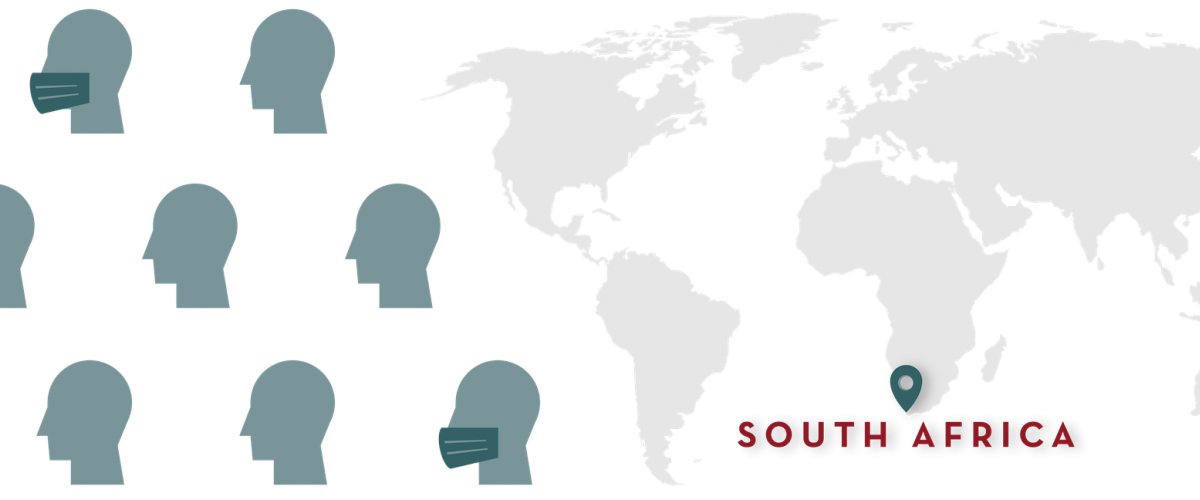COVID-19 Global Perspective from South Africa
Dr. Tasleem Ras is with the Division of Family Medicine at the University of Cape Town in Cape Town, South Africa.
As part of our COVID-19 Global Perspective Series, we reached out to Dr. Ras to hear how the COVID-19 pandemic is affecting South Africa (SA).
In what ways has the South African government responded to COVID19 outbreak and pandemic? When did you begin seeing a response?
We had our first documented case on 5 March 2020. Prior to that, the national government had already instituted a high level interdisciplinary team of experts and decision-makers, under the leadership of the President of the country. Messages from official structures started being disseminated on all media platforms, detailing basic hygiene, and mild recommendations of social distancing. By March 15, we had 62 cases, and the President declared a State of Disaster. Strong messages of social distancing were sent out. A week later, March 22, with known cases >500, a nationwide lockdown was declared, starting midnight March 27th. A national operational plan for health facilities, with training for health care workers was rapidly implemented. Every facility was reached. Testing and treatment centres were identified.
The government also established a Solidarity Fund to assist small to medium businesses survive the lockdown, and pay the wages of their workers.
How do you anticipate your country's health systems will be impacted? What are you and your institution doing to prepare for COVID19?
Currently (27 March 2020), we have just reached more than 1000 known cases. Our primary care facilities are screening and testing, and call centres staffed by voluntary medical practitioners are being set up in anticipation of an epidemic surge. While the formal systems seem to have been well prepared, it is at the level of community behaviour that is the most worrying – not only in terms of panic buying, but also in crowding at public transport hubs and shopping malls, despite frequent and loud calls for social distancing. This will most likely result in an exponential growth in the next 7-10 days, and our diagnostic capacity will be overwhelmed.
Our institution has been proactive in educating and advising staff and students, and have committed resources to ensuring staff can work remotely, and students are able to travel home. Campus was closed from March 18th, after two staff members were diagnosed with COVID-19. From the outset of the epidemic in our country, a co-ordinating committee comprised of experts from various disciplines and decision-makers was constituted to advise the Vice Chancellor on all matters.
In what ways will your country/city/community be uniquely affected that differs from other places in the world?
The majority of our working population are wholly dependent on public transport, which is usually overladen. In addition, we are seeing urban workers flee to the rural areas, where their families reside, mostly elderly, and where the health system is at its weakest. These workers have most likely already been exposed. Food security to schoolkids and isolated elderly will be affected. Informal traders, comprising about 20-25% of our economy, are unable to trade. They generally live hand to mouth.
What are people doing locally to build support for their most vulnerable community members, neighbors, and family members?
Community groups – existing or new – have flourished on social media. NGOs have come on board to assist the government facilities with testing and screening. Corporate SA (not all) has donated to the solidarity fund.
What have you seen happen in your community that gives you hope or solidarity for positive outcomes?
At this point, we will likely not have positive outcomes. SA will have to radically renegotiate the way in which we live. Solidarity in a crisis does not negate the glaring social inequality and climate damage that our culture has entrenched.
COVID-19 Global Perspectives
Our COVID-19 Global Perspectives Series features insights and updates from our global health partners around the world.
